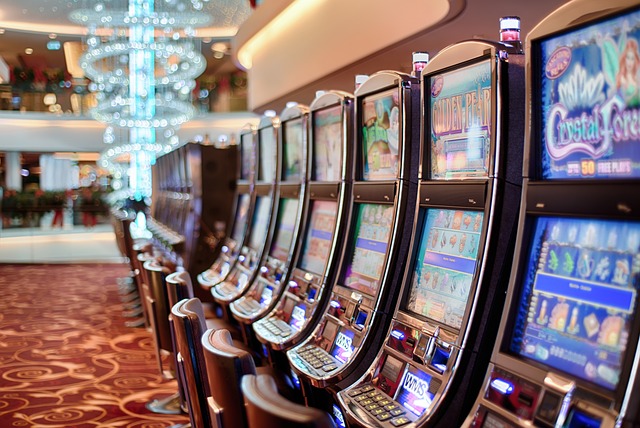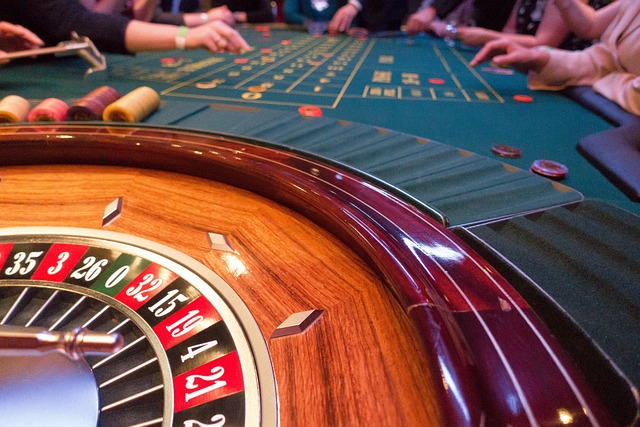Casino Tourism: Economic Boon or Social Bane?
March 5, 2024

Casino tourism is a major economic engine in many places. The incredible entertainment and the prospect of enormous earnings draw in millions of visitors. While there are clear economic benefits to casino tourism, such as steady employment and income streams, the social impacts of this industry are drawing more attention and discussion.
The Financial Gains from Gaming Travel
The potential of casino tourism to boost regional economies is one of its key marketing features. The enormous crowds that casinos often attract can have an effect on regional economies. This influx of visitors results in an increase in spending at local businesses. Among these are stores, eateries, and lodging facilities. Spending boosts the economy and generates employment. Many others are employed by casinos as well. There are several of openings in customer service, security, management, and operations.
Additionally, casinos generate a substantial amount of tax revenue. For example, Macau and Las Vegas get a lot of money from their casinos. They used the funds for public services, schools, and infrastructure. This capital infusion could bring about a revolution in smaller economies by encouraging modernization and growth.
Social Costs of Casino Tourism

Nonetheless, there are certain disadvantages to the growth of casino tourism. The possibility of higher crime rates is one of the biggest worries. Large amounts of money that are frequently exchanged at casinos along with the influx of tourists might draw criminality, from more organized criminal activity to small-time thievery. According to certain research, there is a higher incidence of violent crimes, fraud, and theft in areas where casino tourism is common.
Problem gambling is a major social concern as well. Casinos are simple to go to. This may cause local communities to become increasingly dependent on gaming. It harms people and their families in the long run, both financially and psychologically. Health care and social services are strained by problem gambling. It has been connected to increased rates of mental illnesses, bankruptcy, and divorce.
Balancing Economic and Social Outcomes
The task facing policymakers is to strike a balance between the possible social costs and these economic gains. Rules are necessary. They impose stringent security measures and place a cap on the number of casinos. They encourage responsible gaming as well. These actions lessen the adverse effects. Also, some areas give a portion of casino earnings to social and community initiatives. These initiatives are made to deal with these problems.
The Role of Digital Platforms

Platforms like Vave are changing gaming. They do so in the age of digital expansion by providing online options. These may lessen some of the bad effects of traditional casinos. Strong features for responsible gaming can be added to online platforms. These consist of gambling monitoring technologies, self-exclusion schemes, and loss caps. They lessen the chance of developing a gambling addiction.
In conclusion, there are benefits and drawbacks to casino tourism. Economic benefits could be substantial. In many areas, it fuels wealth and growth. Yet, we cannot ignore the social harm it causes. Problem gambling and increased crime rates are examples of this. Effective regulation is required. It’s imperative that online gaming develops properly. Making sure that casino tourism promotes regional development requires doing this.